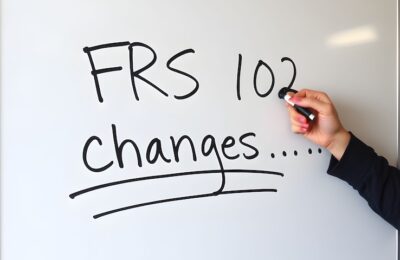Not so long ago, we blogged about changes to the rules for claiming working from home expenses. In a similar vein, today we’re going to take a look at the current flexible working rules. If you are an employer, it’s a good idea to get familiar with these so you stay on the right side of the law.
What do flexible working rules cover?
Flexible working rules cover working from home and in the office, job-sharing, flexitime and working compressed, annualised, or staggered hours.
Employment Relations Bill
The current flexible working rules are contained in the Employment Relations (Flexible Working) Bill. This received Royal Assent back in July 2023.
The latest flexible working rules
Under the old system, employees were only able to request flexible working after they had completed 26 weeks of service. Now, employees can ask for flexible working from day one of their employment.
In addition, employees were only able to make one flexible working request every 12 months. Now, under the current law they can make two requests in every 12-month period.
Thirdly, employers have to respond to requests within 2 months whereas they used to have three months.
As an employer, can I refuse flexible working requests?
On the face of it, the rules make it easy for employees to request and obtain flexible working. However, this doesn’t mean that employers can’t refuse requests.
The eight reasons for which employers can refuse flexible working requests are:
- It will cost too much
- The work can’t be re-organised among other staff
- The employer is unable to recruit more staff
- Flexible working will have a negative effect on quality
- Flexible working will have a negative effect on the ability to meet customer demand
- Flexible working will have a negative effect on performance
- There’s not enough work for the requested time periods
- There are planned changes to the business and the request will not fit in with these.
However, the rules do ensure that an employer “shall not refuse the application unless the employee has been consulted about the application”.
Summary
Although the rules exist to make it easier to work flexibly, it’s also a fact that more businesses than ever are beginning to see the benefits of flexible working. The COVID-19 pandemic meant that millions of people had to work from home and, in many cases, were more productive than when they had to go into the office.
For this reason, many businesses now look more favourably on reasonable flexible working requests. Indeed, many see it as a smart move that improves employee motivation.
That said, flexible working doesn’t work for every business. If an employer has a valid reason to refuse requests then that option still remains in place.
About Jon Pryse-Jones
Since joining THP in 1978, Jon Pryse-Jones has been hands on with every area of the business. Now specialising in strategy, business planning, and marketing, Jon remains at the forefront of the growth and development at THP.
An ideas man, Jon enjoys getting the most out of all situations, “I act as a catalyst for creative people and encourage them to think outside the box,” he says, “and I’m not afraid of being confrontational. It often leads to a better result for THP and its clients.”
Jon’s appreciation for THP extends to his fellow team members and the board. “They really know how to run a successful business,” he says. He’s keen on IT and systems development as critical to success, and he continues to guide THP to be at the cutting edge and effective.
Read more about Jon Pryse-Jones More posts by Jon Pryse-Jones











